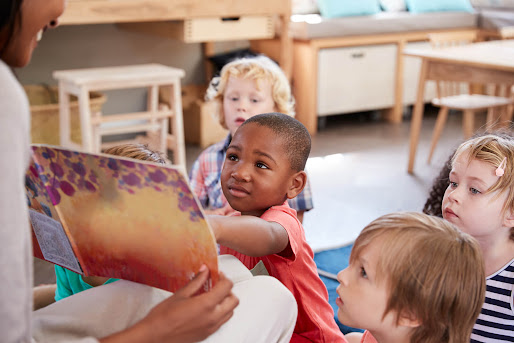Hands-on learning is a fundamental part of an authentic Montessori preschool education. Children learn by doing things, manipulating objects, and practical life experiences. Through play-based activities, children build vocabularies, learn about the sciences, discover language skills, and begin to learn about a variety of math concepts. To illustrate the importance of play-based learning, these 4 types of activities are great examples
1. Authentic Activities
Montessori activities such as the Pink Tower or Binomial Cubes are designed specifically to be manipulated by young minds and hungry minds. Authentic activities teach fundamental critical thinking skills, promote the development of fine motor skills, and provide the tools for a variety of math skills.
Discovery bottles are containers that contain various things. The purpose of a discovery bottle is to teach a child stimulating their interest or providing them with workable knowledge. Discovery bottles can be used to engage a child's senses and may include sound, sight, taste, scent, and touch. As children manipulate the containers, they are building fine motor skills, and the items in each container encourage critical thinking.
Gross motor skills are necessary for running, jumping, and climbing. Activities like dancing that require moving about encourage these skills to develop, building muscle tone, bone structure, and stamina. Gross motor skill development is one of several reasons that Montessori students spend so much time outdoors instead of in a closed room.
4. Outdoor Activities
There are Montessori-style outdoor activities to fill many educational pursuits. Identifying insects or types of leaf involves scientific methods, building a blanket fort involves critical thinking skills and gross motor skills, and simple games of tag involve social interaction, critical thinking, gross motor skills, and more.
Hands-on learning has been shown to increase retention and encourage children to use the activities more regularly. Instead of providing a string of information in an impartial manner, hands-on activities give children a chance to wrap their hands-- and heads-- around real-life examples and practical exercises.





